‘The alleged cure is immensely worse than the disease’
Peter Hitchens on the dangerous folly of the Covid-19 shutdown.
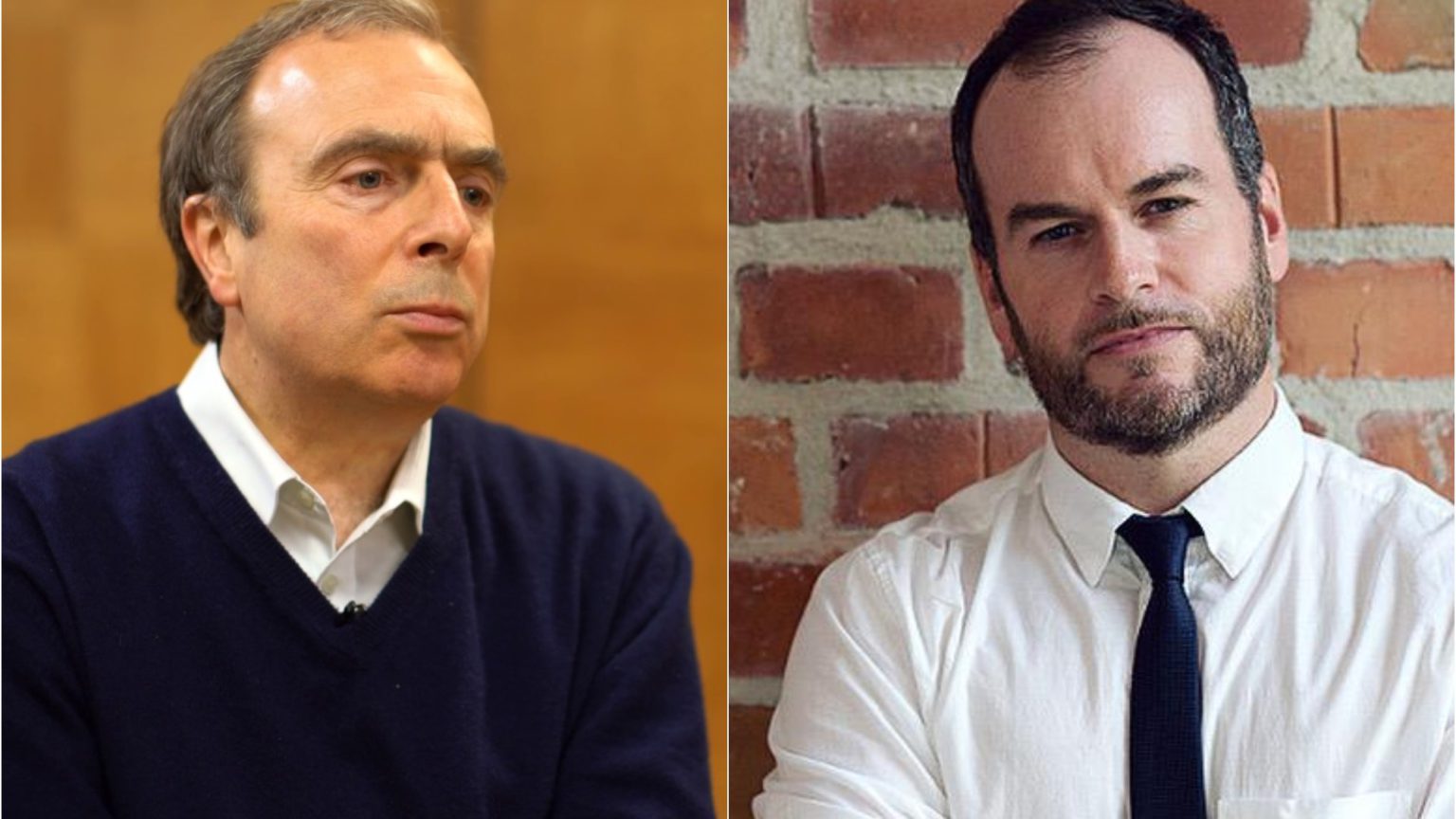
Want unlimited, ad-free access? Become a spiked supporter.
In the past few weeks, society has been shut down, the economy has been put on hold, and civil liberties have been curtailed in the name of fighting against coronavirus. There has been hardly any scrutiny of or opposition against these ever-stricter measures. Mail on Sunday columnist Peter Hitchens has been one of the few dissenting voices in the media. He joined spiked editor Brendan O’Neill for the latest episode of The Brendan O’Neill Show. What follows is an edited extract. Listen to the full conversation here.
Brendan O’Neill: We live in a country where parliament has been suspended, our most basic freedoms have been eroded, we are all virtually under house arrest, and there are a whole bunch of new rituals we all have to observe when we encounter other people, which is increasingly rare. Like me, are you a bit terrified by the speed and the ease with which Britain became this country?
Peter Hitchens: I wouldn’t say terrified – distressed and grieved, but not terrified. I am actually not shocked because in several controversies in recent years, where I have thought that the people of this country would stand against the way in which they were being bullied and messed around, I have noticed that there hasn’t been all that much spirit of liberty. I think there is an awful lot of conformism now in this country and people have accepted being pushed around.
I’m not sure parliament has been suspended exactly. It has just folded up or dissolved into a pool of blancmange. If it had any kind of leadership, it could insist on continuing to sit, just as it could have opposed the action or subjected it to anything remotely resembling scrutiny. But it just folded up and stole away in the night. All the institutions of civil society which are supposed to protect us did the same thing. The judiciary, the human-rights lot, the civil service, the media, parliament, Her Majesty’s Opposition and public opinion in general have simply failed to do their jobs. It has demonstrated that we don’t really have a civil society any longer.
In the Soviet Union, where I spent a lot of time, it was clear that there was only one official point of view and that people were being pushed around. I don’t recall ever being compelled to stay at home, and there was at least a pretence made of having a legislative body as well. But the point that strikes me here is that – particularly in the Eastern European countries, but also largely in Russia – most people regarded the Soviets’ rule with a certain amount of contempt and made jokes about it and realised they were being mocked and fooled. In this case, the population accepts what they are being told, without any question. It’s extraordinary. The old USSR would have loved to have had a population like that in the Western world and in the United Kingdom, which genuinely believes the propaganda and does what it is told. You could say, ‘The chocolate ration has gone up’, when in fact it has gone down and people will believe it.
O’Neill: You have written some very solid pieces, questioning the need for this kind of shutdown. Let’s just talk for a moment about the extraordinary situation we find ourselves in. There is this novel virus, which undoubtedly causes great harm, especially to older people and to medically vulnerable people, and in response to it – which is unprecedented in human history – we have closed down virtually the whole of society and most of the economy, and in the process we have stored up immeasurable problems for the future. I think you have found it a bit of a struggle to convince people that this might not be the best way to tackle a virus?
Hitchens: It’s extraordinary. Again, the willingness of people to accept that ‘something must be done, and this is something, so we will do this’. The argument goes, ‘We have a problem, the way of solving it is to shut down the country and strangle civil liberties. Therefore, let’s do that.’
What I have been surprised by is how little examination there has been to whether there is any logic to this. It is as if you went to the doctor with measles and the doctor said that this was serious measles and the only treatment for it is to cut off your left leg. And he cuts off your left leg and then later on, you recover from the measles and he says, ‘This is fantastic. I’ve cured you of the measles, sorry about your leg.’ That is more or less what is going on now. We are being offered a supposed treatment which has nothing whatever to do with the problem.
Other countries have not resorted to these measures. We have modelled ourselves, bizarrely, on the most despotic country in the world, the People’s Republic of China, whose statistics are wholly unreliable and whose media are totally supine, so we can’t really know what is going on there. And in fact, all the countries which have had serious outbreaks of Covid-19, they have almost all reacted differently. Even Singapore and Hong Kong, which are widely praised for what they did, did different things. And yet, oddly enough, the results in Singapore and Hong Kong were quite similar. Japan has done something different. South Korea did something different. And again, the virus actually did not continue to grow at the rates which Imperial College apparently think are inevitable if we don’t shut down our society.
Even if you went for the post hoc ergo propter hoc fallacy that because A happened, and B happened after it, B happened because of A, there isn’t even a basis for that – let alone anything remotely resembling research showing a causal relationship between a Chinese-type shutdown and the defeat of the disease. There are rational responses to this. And of course it seems to me, the crucial test of any policy, and indeed almost any human action, is not absolute right or absolute wrong – which very rarely arises in practical life – it is proportionality. Is the action in proportion to the problem?
If you look at the past and the problems which this country and its medical system have almost every winter, for instance with influenza, the complications of it are considerable. In one year recently, 28,000 people died of influenza because the vaccines didn’t work and it was a particularly virulent strain. The average number who die of influenza every year is 17,000 in England alone, and this does not cause the country to be shut down. It is doubtless tragic for all those involved, but you can’t use emotionalism to justify policy.
I have a quote here from Jonathan Sumption’s interview on The World At One on Monday because it simply hasn’t been stressed enough in the coverage of what he said. They have gone on about what he said about the police, which was a marginal part of what he said. His key point was this:
‘The real question is, is this serious enough to warrant putting most of our population into house imprisonment, wrecking our economy for an indefinite period, destroying businesses that honest and hardworking people have taken years to build up, saddling future generations with debt, depression, stress, heart attacks, suicides and unbelievable distress inflicted on millions of people who are not especially vulnerable, and will suffer only mild symptoms or none at all?’
Actually, that’s exactly what I think. But I’m not a former Supreme Court judge. I’m not one of Britain’s most distinguished lawyers. And I’m not one of Britain’s most distinguished historians. I’m not the deliverer of last year’s Reith Lectures. This is a perfectly valid sentiment expressed by somebody with considerable authority and wisdom. And it isn’t even reported by the media when he says it. They leave it out of the reports of what he says because no one is prepared to confront this.
There is an omertà – a total, supine, consensus over this matter. The complete failure to debate it is astonishing to me. And it’s the lack of proportion that Sumption is stressing there. Even if this were an effective policy, could it possibly be justified, given the disastrous results?
As I say, if you had a disease from which you might or might not recover, and you were offered the amputation of all four of your limbs, and perhaps your head, and were asked to sign a consent form, you would probably say no, even if it would kill you, because you would recognise that the cure was worse than the disease – a phrase which repeatedly occurs to me, even though Donald Trump has used it, which always puts people off. But it is the case.
The alleged cure – and it is only alleged in this case – is immensely worse than the disease, because what happens to a society which trashes its economy? I will tell you what happens. It is unable to afford proper health provision, all of its standards decline, its food gets worse, its air quality gets worse, its housing gets worse, its water quality gets worse, and everybody gets iller.
The other point is one made by the extraordinary Professor Sucharit Bhakdi of Mainz University in Germany, an absolute genius in the microbiological method, who is utterly against these measures. He has said, what about the healthy old now they have been deprived of all the things that make life worth living? He reckons that this shutting down of their lives will be catastrophic, and almost certainly cause large numbers of deaths. So you can’t just say, ‘Oh, you don’t care about people dying’. That’s not what the argument is about. I care about people dying unnecessarily as much as anybody else, and my motives are as good as anybody else’s. It is just that my emotions are also driven by more intelligent thought, more reason and a better grasp of the facts.
O’Neill: I think Sumption’s intervention was very useful for a number of reasons. But one of them is what you have just touched upon, which is this really poisonous accusation that has been made against anyone who criticises the shutdown of society, which is, ‘You don’t care about old people,’ or even, ‘You want old people to die.’
Hitchens: Well, during the Iraq War, if you said, ‘Actually this war is wrong’, people said, ‘Oh, so you support Saddam Hussein’s fascist regime, do you? You believe that Saddam should be allowed to torture people, do you? That’s the sort of person you are, are you?’. And because of that shutting down of serious debate on a major matter, I think this should probably be called VMD – the virus of mass destruction. It is so very similar in the attempts to crush dissent.
O’Neill: They make this completely false distinction. They say this is a question of lives versus the economy. They talk about the economy as if it’s just some kind of abstract machine, just numbers and money and profits, when in fact the economy is people’s lives and their livelihoods. It’s how we create things, it’s how we produce things. Dr John Lee made a very good point in the Spectator, which is that this is lives versus lives. And that’s the kind of debate we need to be having.
Hitchens: That’s assuming, again, that the fundamental premise that shutting down the country will do any good is true, which I believe, is seriously in doubt. I’m a Christian, and there’s this wonderful part of the scriptures in which we are said to live and move and have our being in God. But in a material way, we live and move and have our being in the economy. If nobody is buying, if nobody is selling, if nobody is working, if nobody is serving, if nobody is being served, then there is nowhere for people to live, how do we pay for our houses and our meals? How do we raise our children? How do we support an education system? How do we pay doctors or build hospitals? If we have no economy at the moment, I would reckon, if we could only know the sums, we are probably throwing three or four district general hospitals into the sea or their equivalents in money every week.
Peter Hitchens was talking to Brendan O’Neill in the latest episode of The Brendan O’Neill Show. Listen to the full conversation here:
You’ve read 3 free articles this month.
Support spiked and get unlimited access.
Help us hit our 1% target
spiked is funded by readers like you. It’s your generosity that keeps us fearless and independent.
Only 0.1% of our regular readers currently support spiked. If just 1% gave, we could grow our team – and step up the fight for free speech and democracy right when it matters most.
Join today from £5/month (£50/year) and get unlimited, ad-free access, bonus content, exclusive events and more – all while helping to keep spiked saying the unsayable.
Monthly support makes the biggest difference. Thank you.
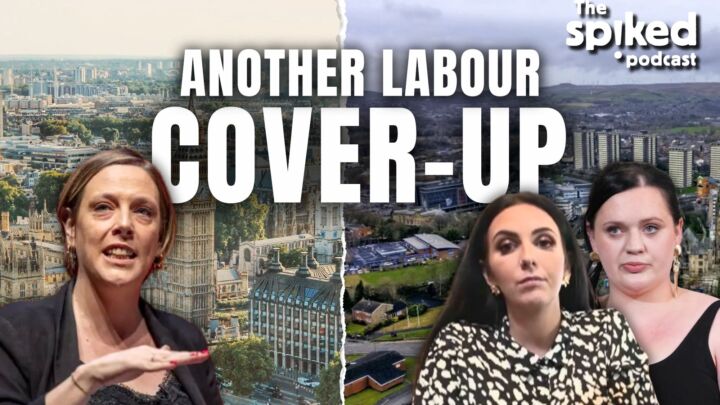






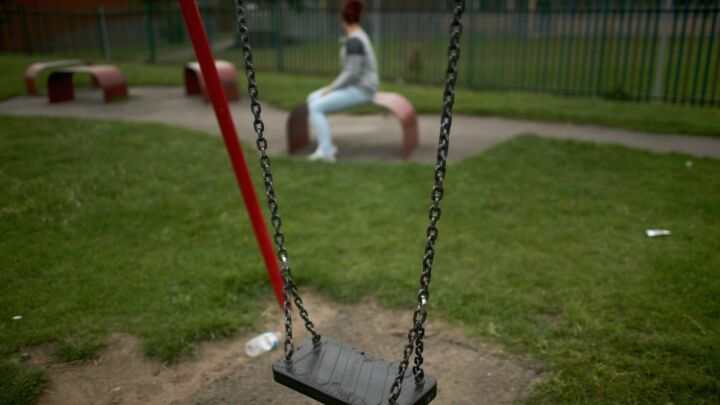
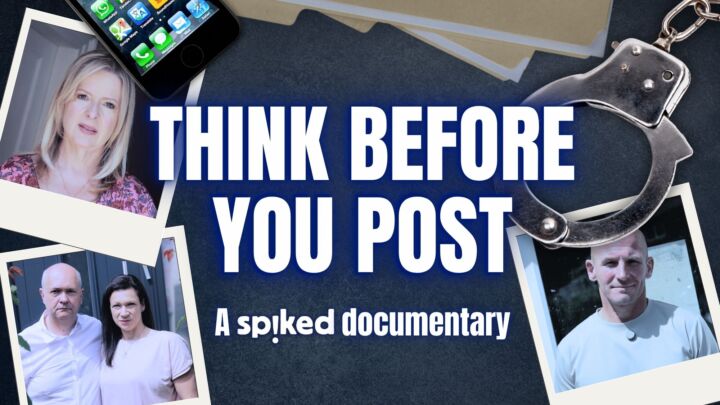
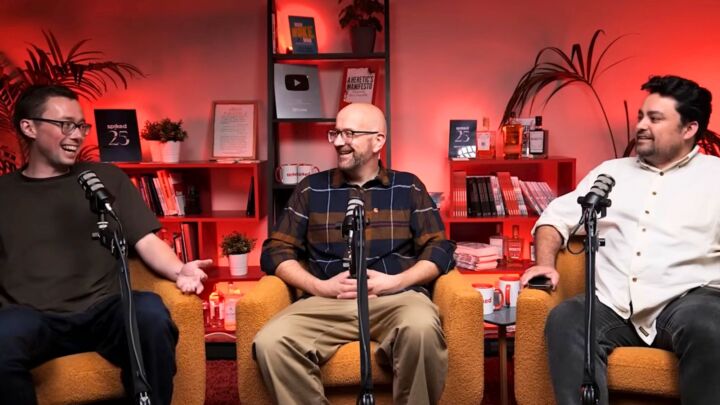

Comments
Want to join the conversation?
Only spiked supporters and patrons, who donate regularly to us, can comment on our articles.